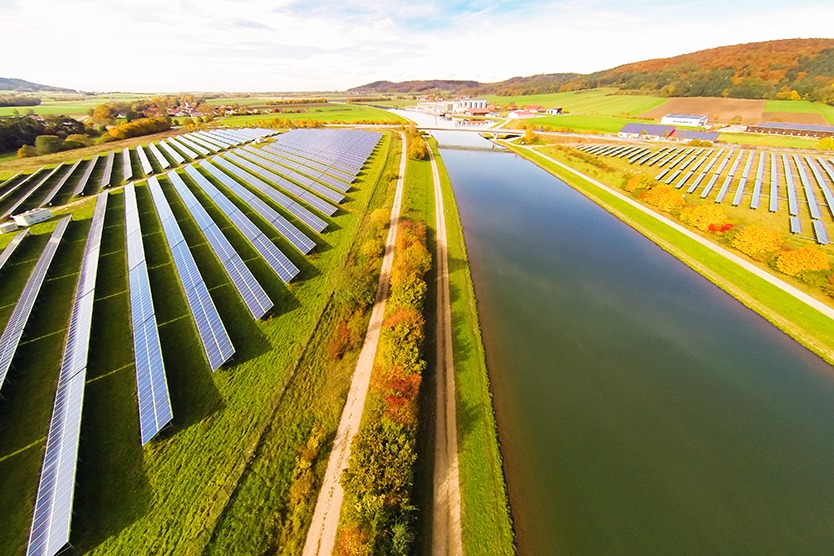Germany has one of the strongest industrial economies in the world. Renewable energy sources are some of the most important sources of electricity for Germany, and the expansion of renewables is one of the central pillars in Germany’s energy transition. Germany energy supply is to become more climate-friendly, and is also to make us less dependent on imports of fossil fuels.
According to German Federal Ministry for Economic Affairs, the federal cabinet has adopted the draft business plan for the special fund in the Climate and Transformation Fund (CTF) for 2023 and the financial planning up to 2026.
In addition to various funding measures for more climate action in the buildings and transport sector, and to cut climate-relevant emissions from energy-intensive sectors, the financial plan up to 2026 provides for relief totalling around €47.6 billion from electricity prices. The funding for renewable energy installations will no longer be financed via the EEG surcharge as part of the electricity price, but will derive entirely from CTF funding.
For the years from 2023 to 2026, the Federal Government is planning to spend €177.5 billion (with the Federal Ministry for Economic Affairs and Climate Action’s share of this being around 85.3%) on measures to mitigate climate change and transform the German economy. The spending for 2023 amounts to €35.4 billion.
The Economic Affairs and Climate Ministry’s share stands at 85.6% (€30.2 billion). The bulk of the spending is going towards the funding of climate-friendly renovation of buildings. Also, the CTF funding will cover the cost of abolishing the EEG surcharge. The CTF is funded not least from the revenues from European and national carbon pricing. In this way it is ensured that the revenues of the state from climate action are fed directly into the most promising investments in effective climate action.
The main spending priorities of the Federal Ministry for Economic Affairs and Climate Action in the CTF:
- Reform of funding for efficient buildings (approx. €56.3 billion): the funding is to be focused in future primarily on modernisation work which offers comparatively high cuts in carbon emissions per euro of funding.
- Abolition of the EEG surcharge to reduce the burden on households and companies (approx. €35.5 billion). In 2023, it is likely that renewable installations will attain high revenues from selling their electricity due to higher electricity prices on the exchanges, making it probable that no federal grants will be needed.
- Decarbonisation of industry and implementation of the German Hydrogen Strategy (approx. €19.9 billion). Not least, a programme will be set up in 2023 to retrofit coal-fired power stations for gas, so that these can then operate using green hydrogen.
- Electricity price compensation to reduce the costs imposed on companies by European emissions trading (approx. €12.1 billion)
- Funding for efficient, climate-friendly heat supply networks (approx. €3.8 billion)
- Reform of the purchase grant (environmental bonus) for purely electric and fuel-cell driven vehicles (approx. €3.4 billion)
- Funding for energy and resource efficiency (approx. €3.4 billion)
The draft business plan will now be sent to the Bundestag for parliamentary procedures along with the draft federal budget.
The amendment to the CTF Act adopted by the Bundestag on 23 June and confirmed by the Bundesrat on 8 July implements the mandate in the coalition agreement to develop the Energy and Climate Fund into a Climate and Transformation Fund with a view to orienting the spending from the special fund more clearly towards the goals of the Federal Climate Change Act and the restructuring of the German economy into a more sustainable and climate-neutral economy.
Discover more from Green Innovation News
Subscribe to get the latest posts sent to your email.





